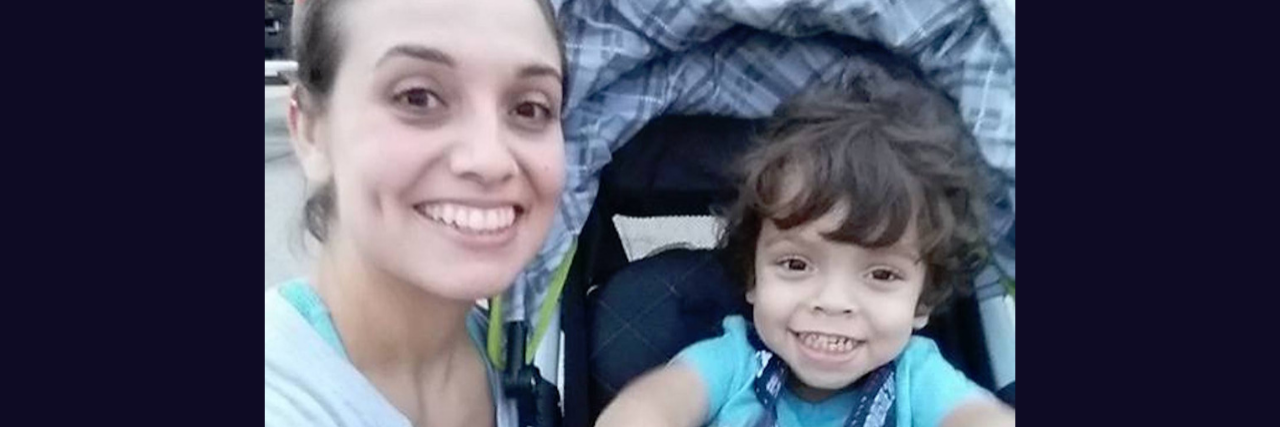As a teenager, I had ongoing issues with anxiety, depression and suicide attempts. According to a medical doctor, I internalized my feelings — an explanation for chest pains. Like those closest to me, I wasn’t adept in dealing with my feelings.
Fast forward through an emotionally and physically abusive relationship, nearly dropping out of school and my roaring early 20s, I didn’t want to feel weak anymore — mind, body or spirit. I began to rebuild my life. I began to run. Running was my channel for anxiety. It pulled me out of a realm of hopelessness.
Running helped me set goals, become disciplined and focus on what was ahead. I’d itch at every chance to run. In the heat, wind or freezing rain, I had to get miles in. Every run was not only a physical challenge, but a mental one too. When I wasn’t running with my team, Happy Feet, I ran alone. Alone on a trail with my thoughts and memories of people trying to break me down with verbal and physical abuse, I overcame deep-rooted anguish.
At 28, I pursued my master’s degree, worked in higher education and trained for a half-marathon. Then I met someone. I was on top of the world as life fell into place. After a few months of dating, I found out I was pregnant. Instinct told me it would be a difficult pregnancy.
Sure enough, I was right. With complications during the first few weeks, I grew worrisome and opted for genetic testing. At 12 weeks, the results of the testing indicated there was a mass near the umbilical cord. When I was 16 weeks pregnant, my partner and I met with specialists. We learned our baby boy would be born with a relatively rare congenital birth defect called gastroschisis; which is an opening in the baby’s abdominal wall that causes internal organs such as the bowel to be pushed outside of the body during utero.
My heart sank as anxiety took over. I stopped running out of fear my high-risk pregnancy would abruptly end. I researched in medical journals about the diagnosis; meanwhile my depression grew. During my pregnancy, I had to undergo several tests and ultrasounds to ensure our baby was growing.
Eventually, our son stopped growing in his eighth month. The specialists learned that our son’s bowel was in worse condition than expected weeks prior. We expected an earlier delivery. The next week, our son was born early; ready for the fight of his life.
Only a few hours old, he had his first intestinal surgery. The next day, he had his second surgery for the first central line in his chest. The next three months in the NICU were traumatic — more surgeries on his intestines and emergencies to witness. Every day I tried to keep it together, hold back tears and take care of myself, but I was barely present mentally while at the hospital. After another surgery on his intestine and two more months of hospitalization, our son came home with a chronic illness called short bowel syndrome.
I quickly learned how to be a nurse to care for our son, while still not caring for myself. I lost a lot of weight due to stress and not eating well. I still was not running because of lower back pain from a herniated disc, advanced disc degeneration and arthritis; and a bulged disc and advanced disc degeneration in my neck.
The first two years, our son was sick so often that he became a frequent flyer at the children’s hospital. I experienced anxiety attacks with every bout of sickness, infection, surgery, hospital stay or emergency treatment.
There’s a certain sense of inadequacy that some caregivers experience when their children become ill. I beat myself up and blame myself.
I felt lost.
Until one day, I laced up my shoes and ran again.
Two years after having my son and being part of his world, I trained for a 5k.
He’s 4 now and still has health issues. He’s stronger and helps push me through training and races. This year, I’m stronger. My story isn’t over yet because his is beginning.
Lead image via contributor

